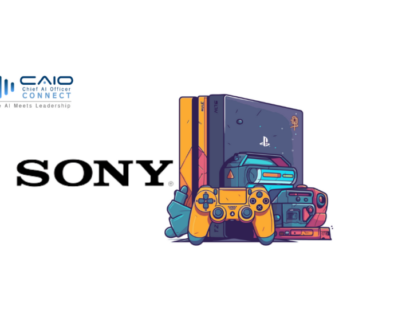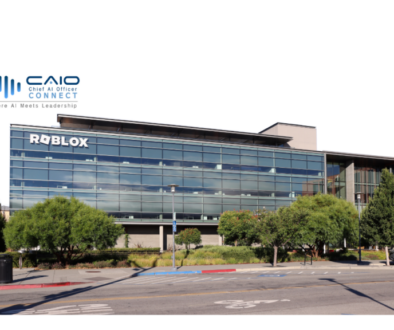Apple’s Custom Silicon: Powering the Future of Smart Glasses and AI
Apple is making notable progress in developing custom chips specifically designed for its upcoming smart glasses. Taking inspiration from the energy-efficient processors used in the Apple Watch, these new chips are optimized to support multiple cameras while minimizing power consumption. This strategic design approach aims to address the challenge of integrating advanced features into a compact and wearable form factor.
The smart glasses are expected to come in both augmented reality (AR) and standard display versions, catering to diverse user preferences. With mass production of these specialized chips anticipated by late 2026 or early 2027, the launch of the smart glasses could follow shortly after.
Expanding the Apple Silicon Ecosystem
Beyond wearables, Apple is also working on enhancing its computing capabilities with new Mac chips, which could be branded as M6 and M7. These upcoming processors are expected to offer improved performance and efficiency, reinforcing Apple’s commitment to seamless integration across its product ecosystem.
Additionally, Apple is developing a high-performance AI server chip, codenamed “Baltra.” This chip is aimed at powering the company’s growing range of AI-driven services, including features like email rewriting, notification summarization, and advanced language model integration. Developing “Baltra” highlights Apple’s focus on building a robust AI infrastructure to support its expanding suite of digital services.
Strategic Positioning in a Competitive Landscape
Apple’s investment in custom chip development for smart glasses and AI servers reflects a strategic effort to secure its position in the evolving tech landscape. By focusing on specialized silicon, Apple aims to create a seamless blend of hardware and software, providing users with an integrated and efficient experience.
This in-house chip design approach not only distinguishes Apple from competitors but also allows for quicker innovation and greater control over its technology stack. As the company ventures into new product categories while enhancing existing ones, its strategy of vertical integration positions it well for future success.
Final Thoughts
Apple’s commitment to developing custom chips for smart glasses and AI servers marks a significant step forward. By leveraging its expertise in silicon design, Apple is set to introduce groundbreaking products that merge advanced technology with user-friendly designs. As these innovations take shape, they promise to redefine wearable tech and the future of AI-powered services.



